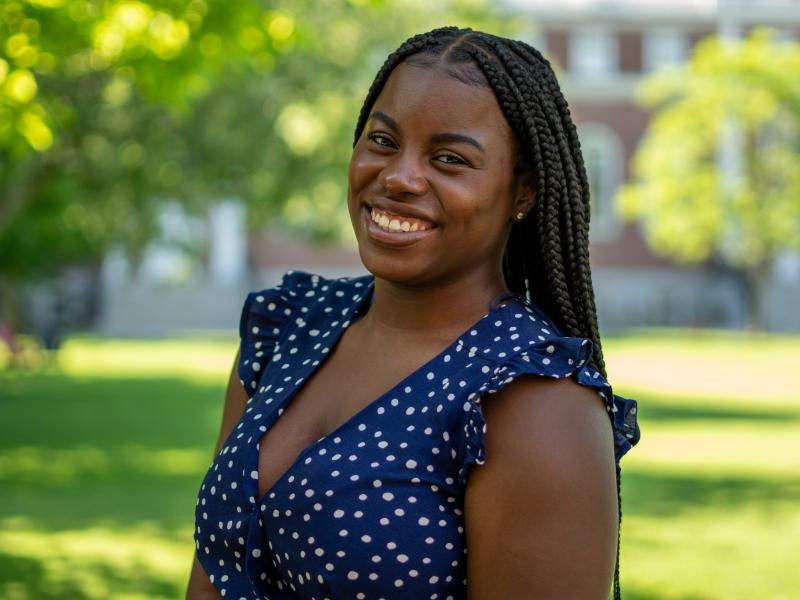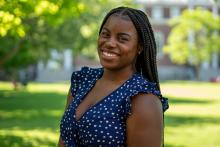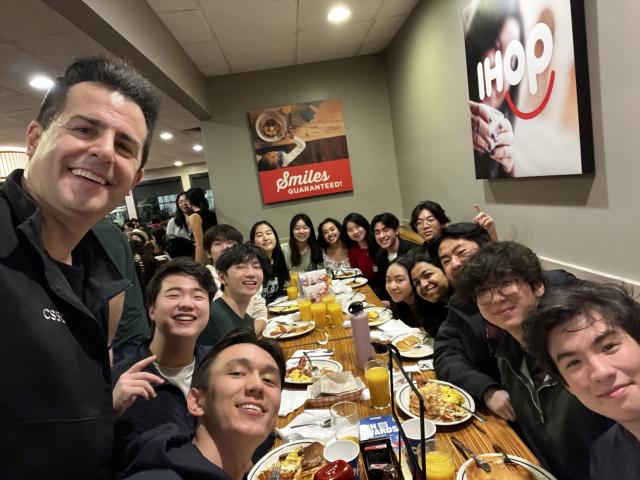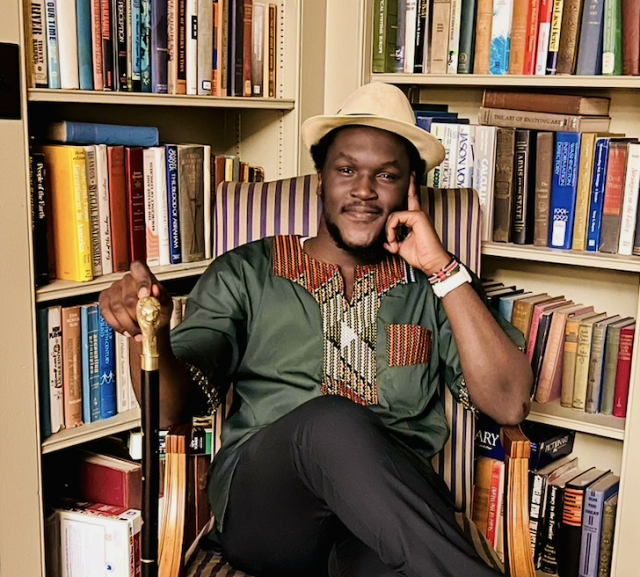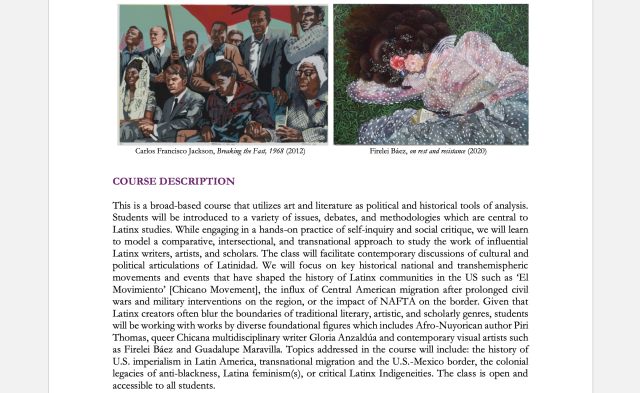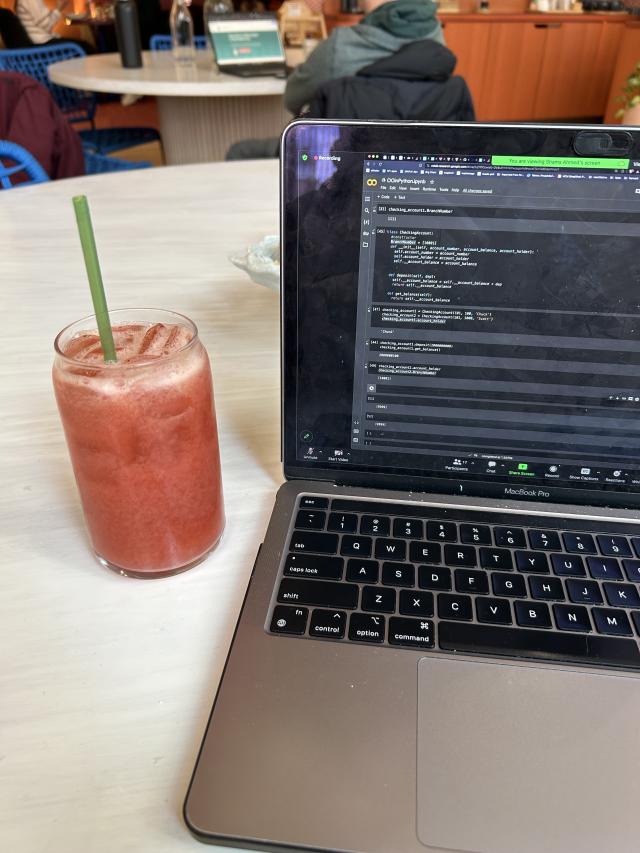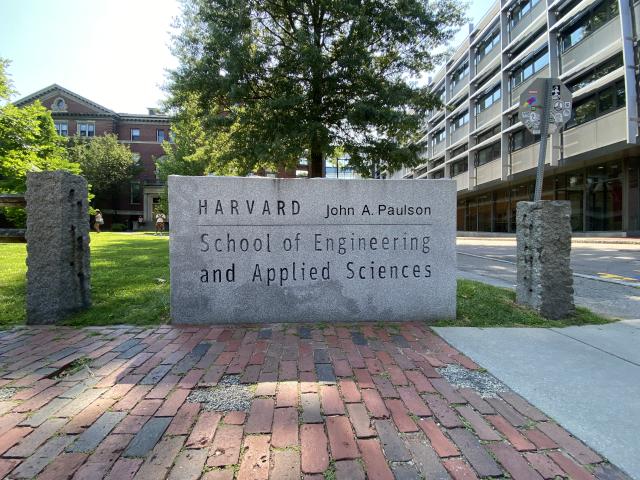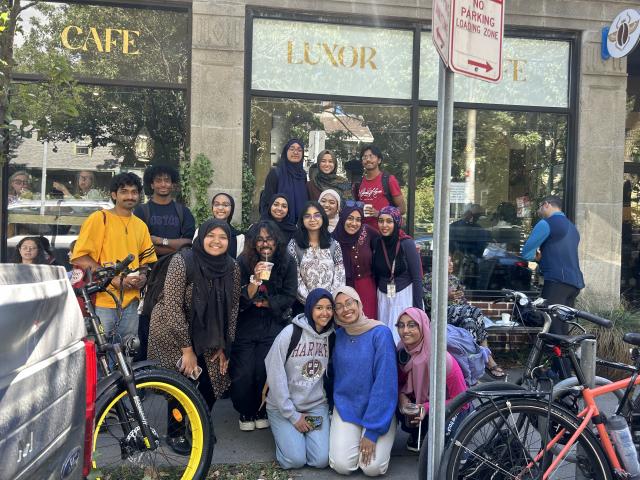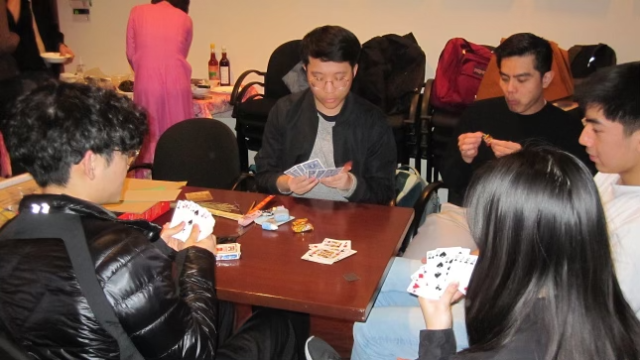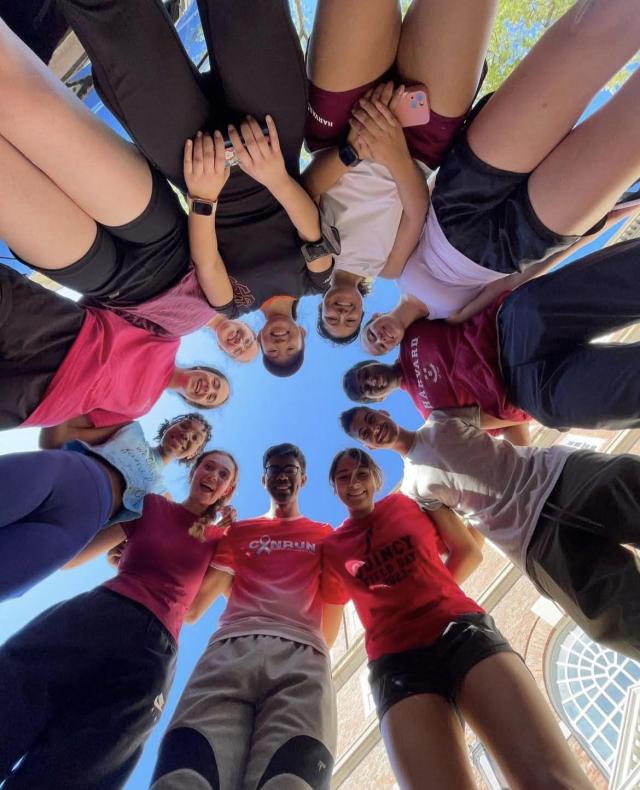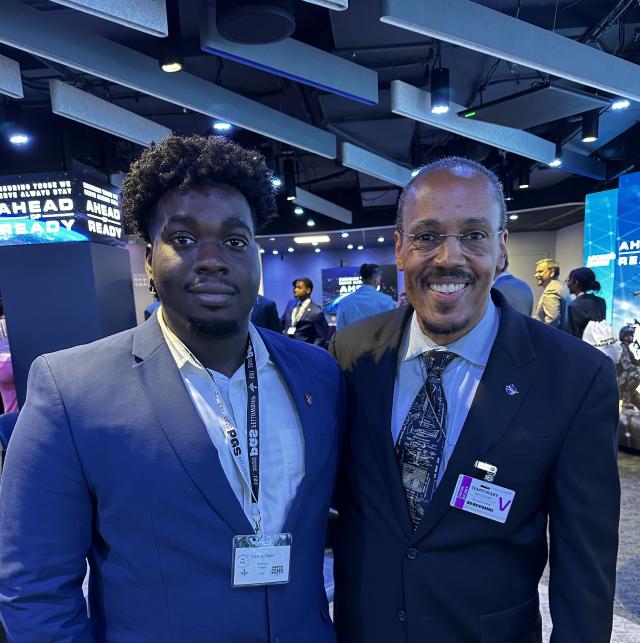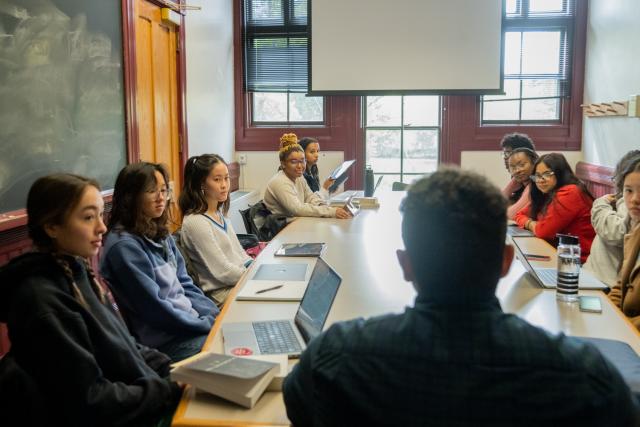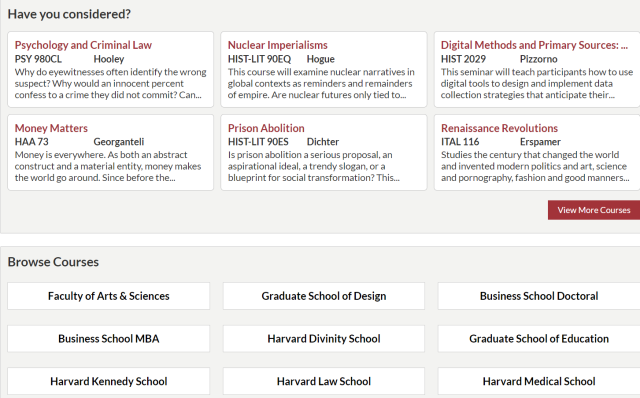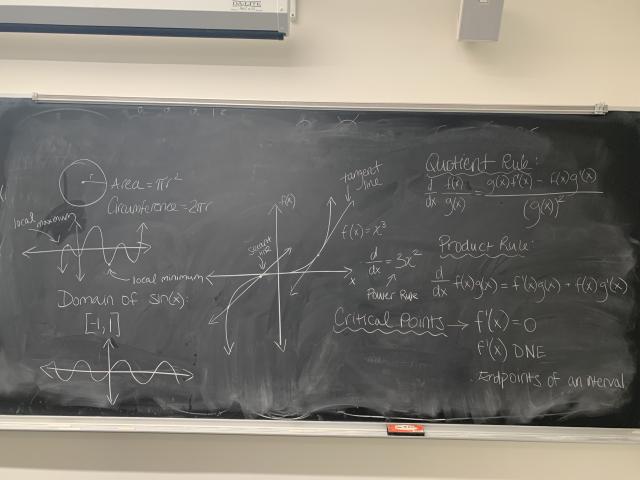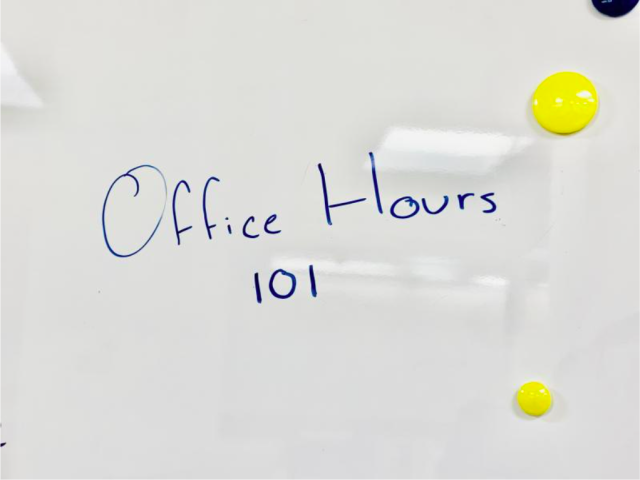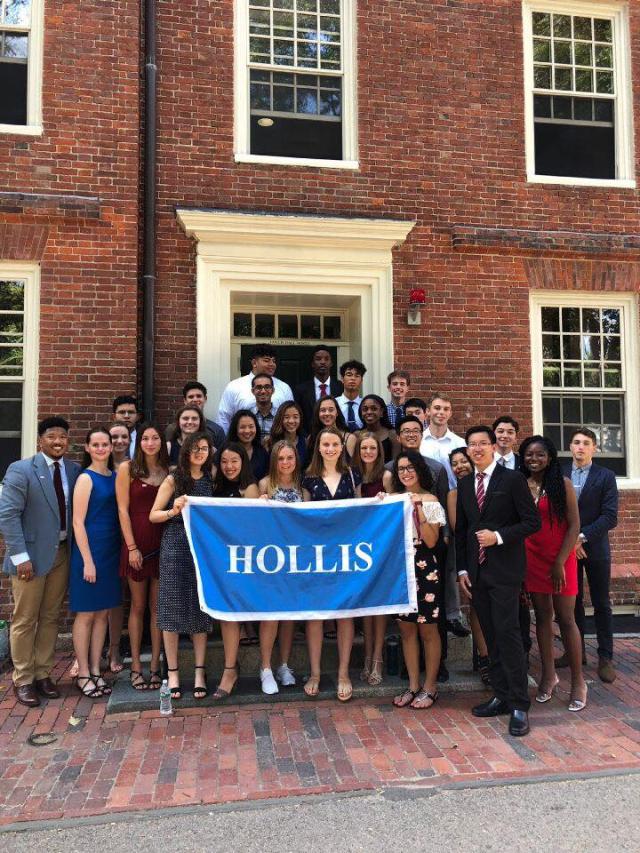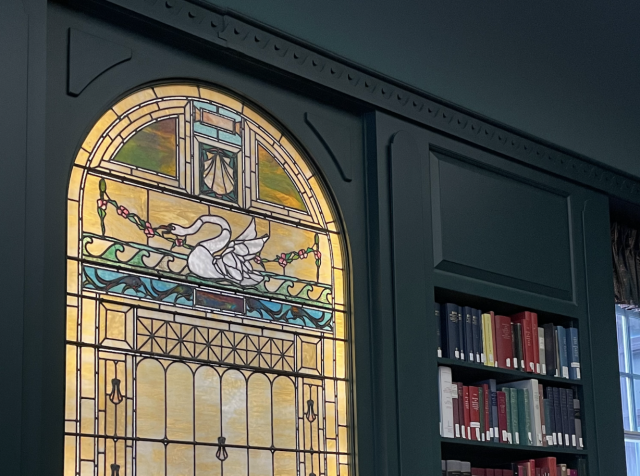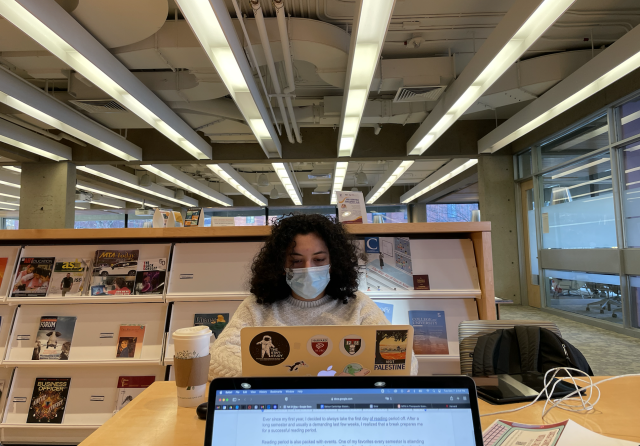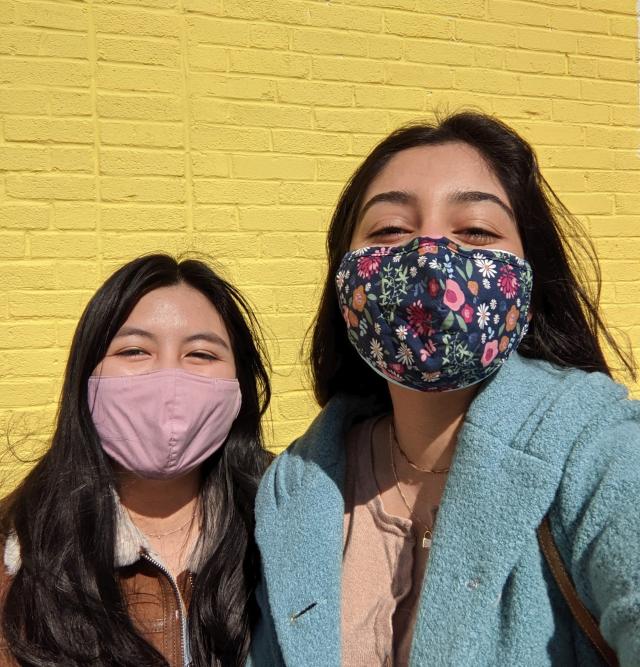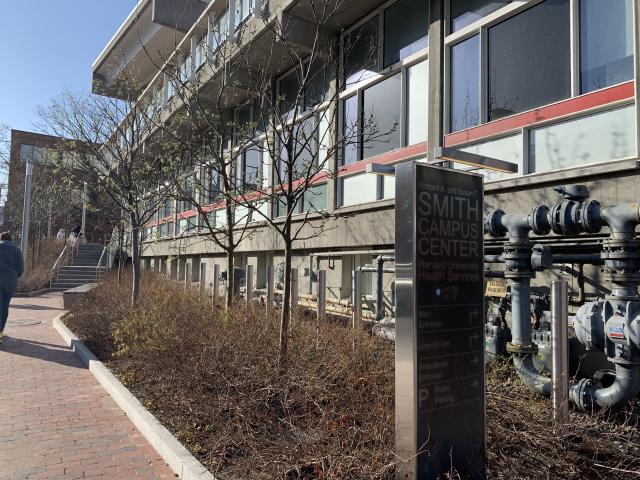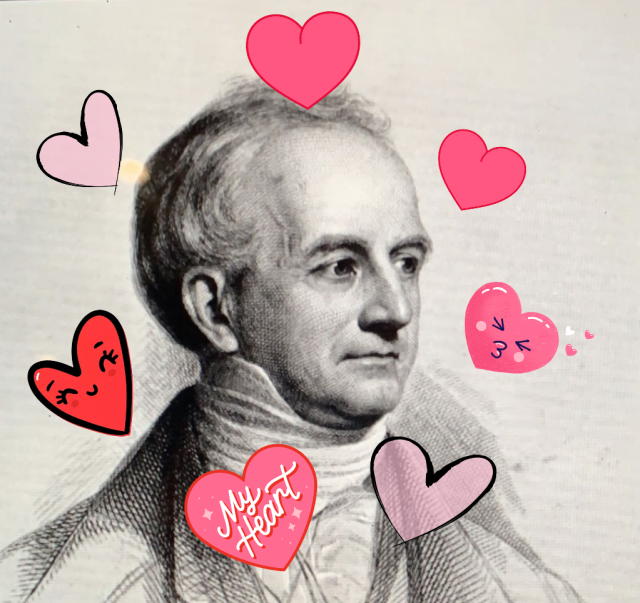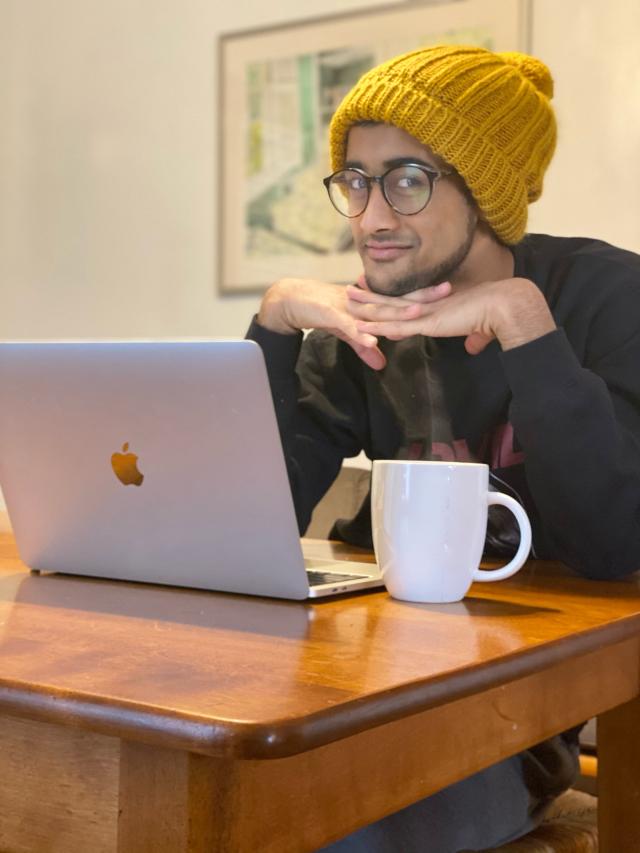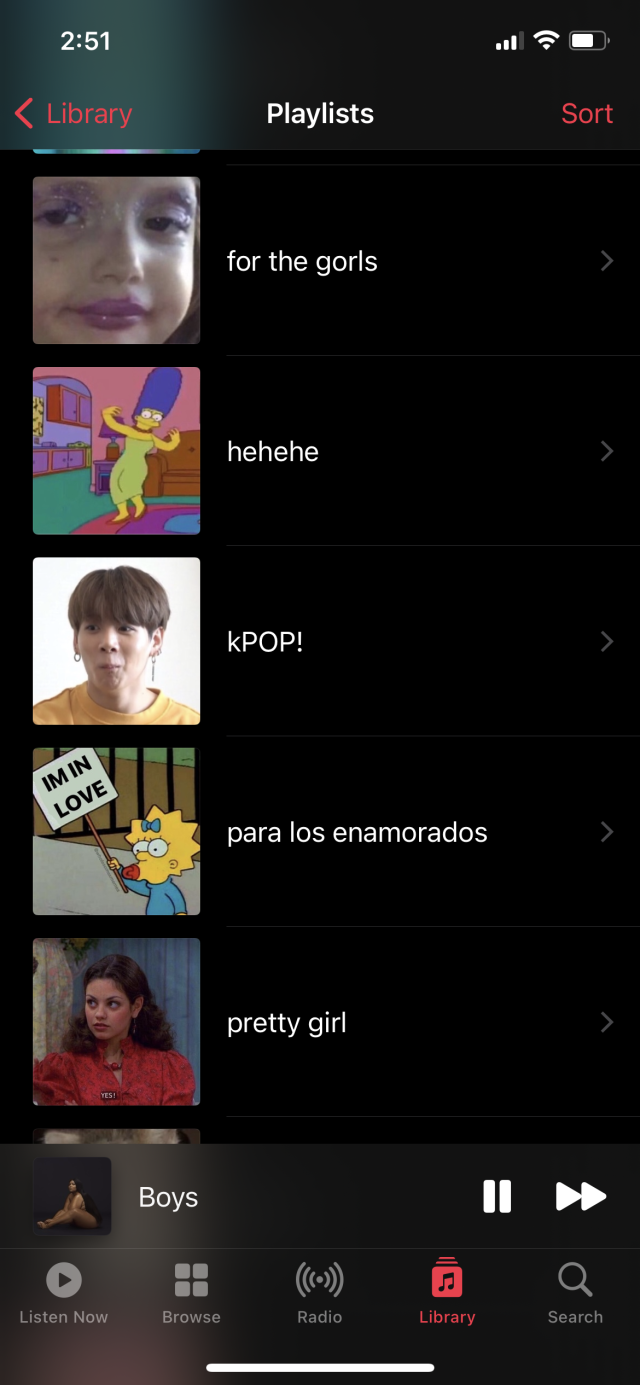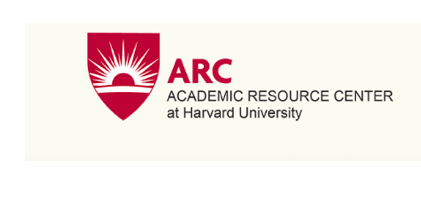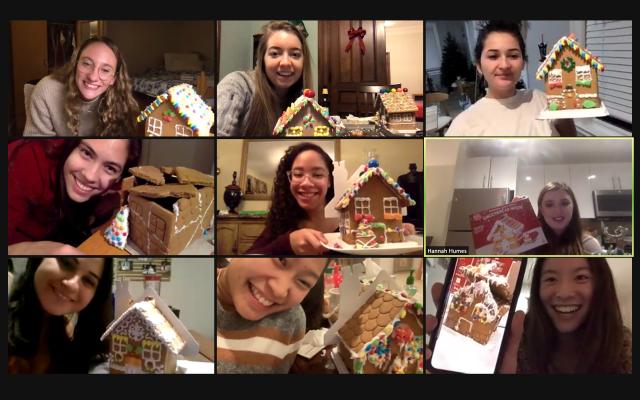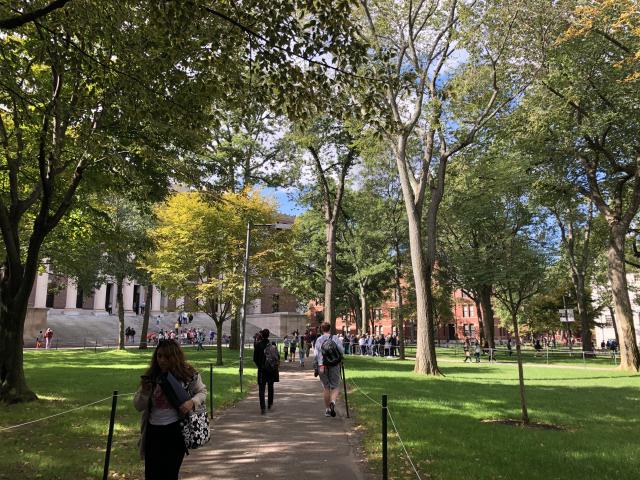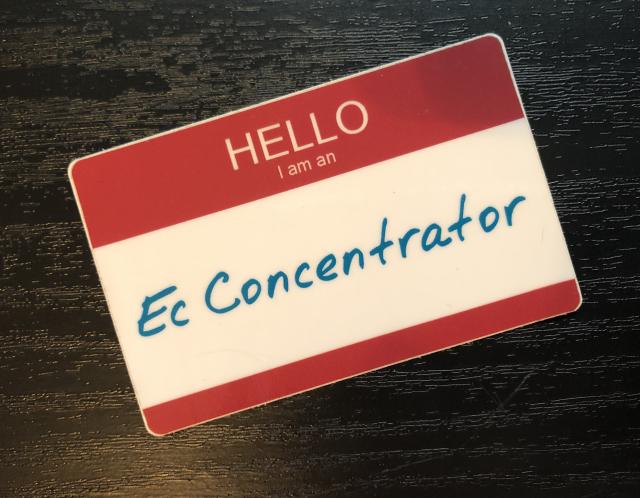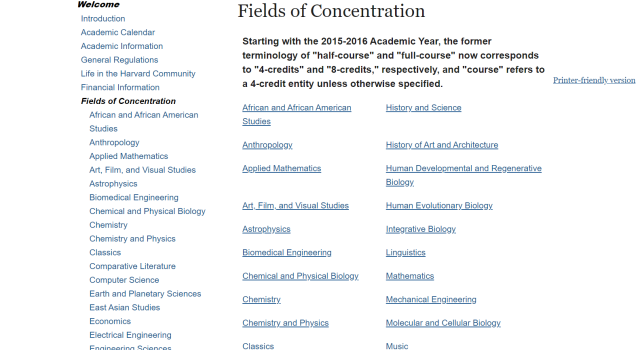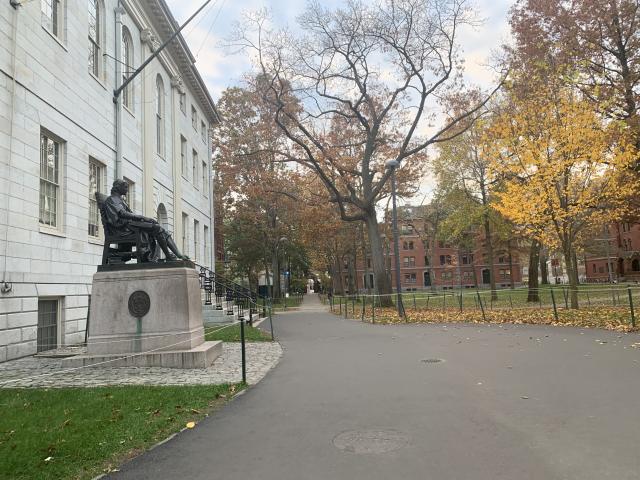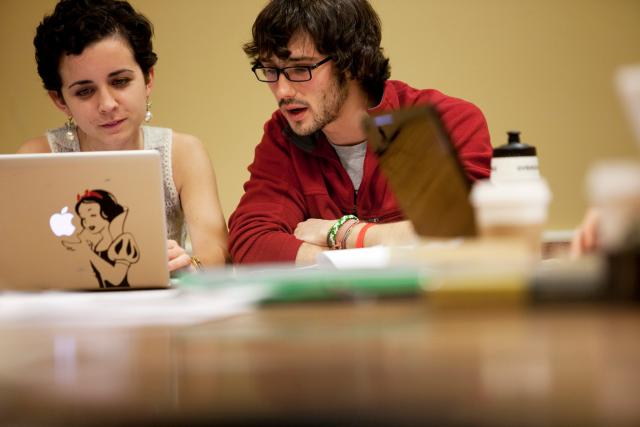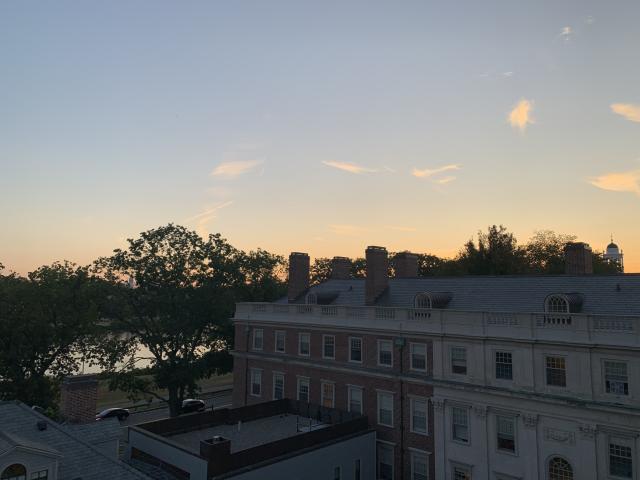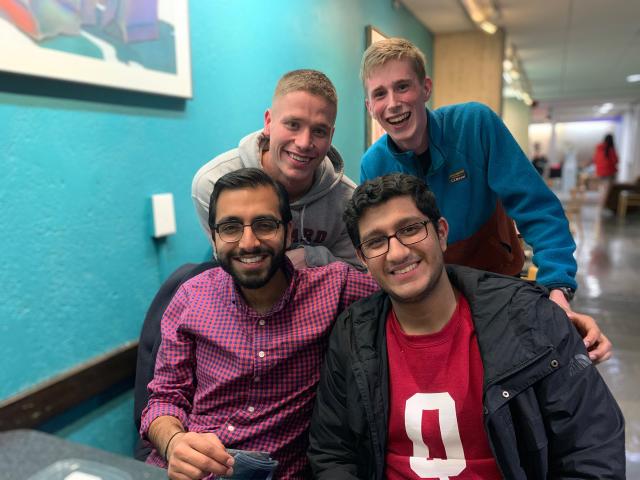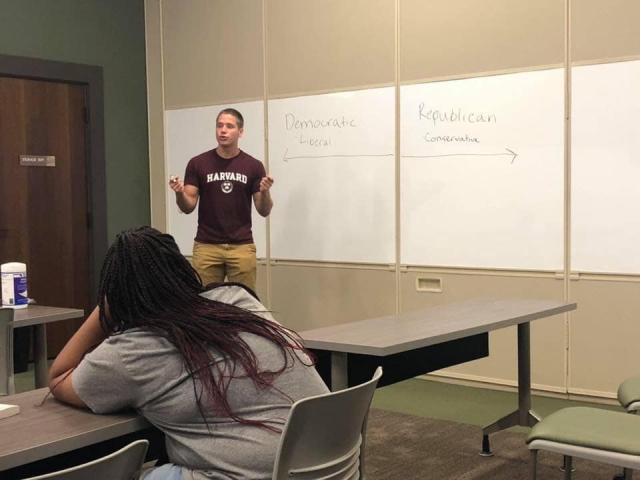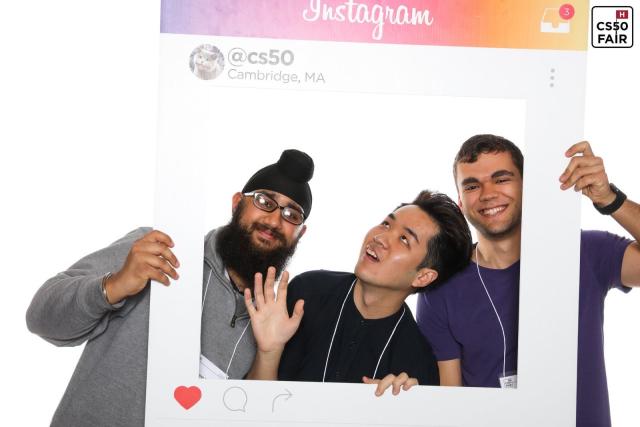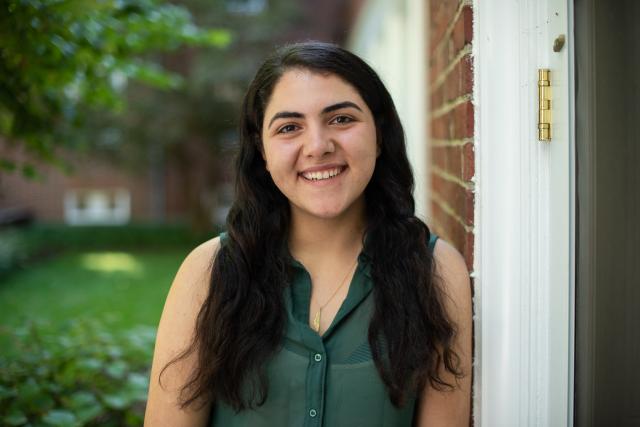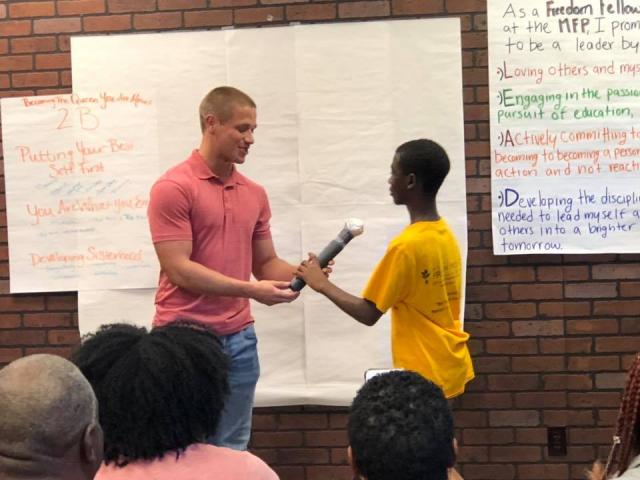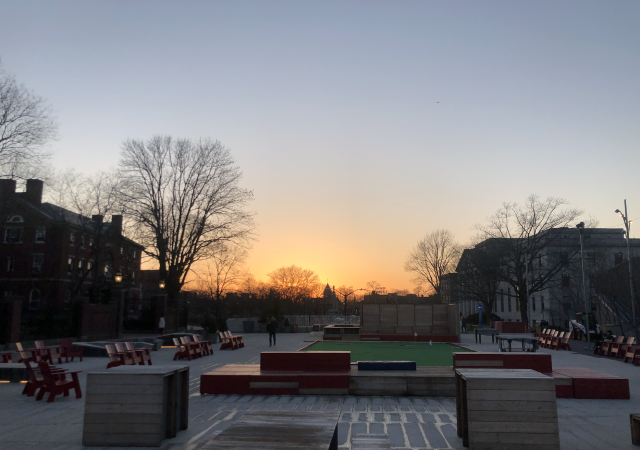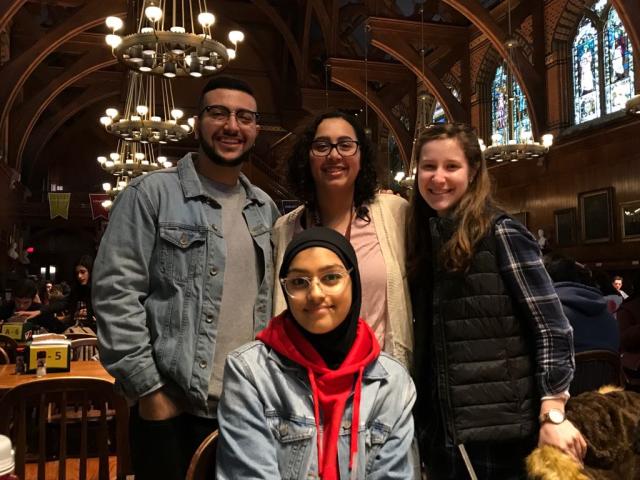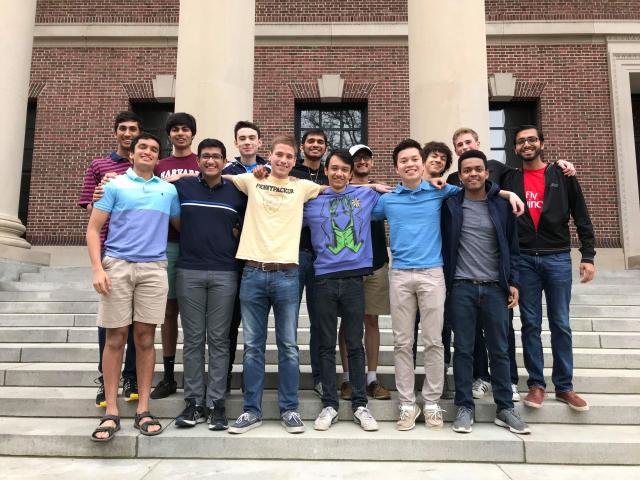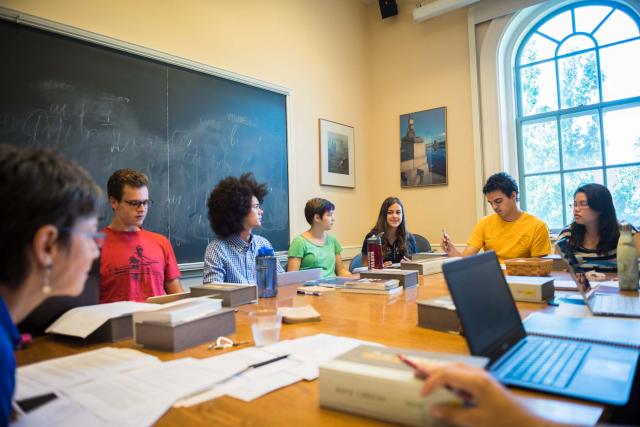In the fall of 2024, I declared my concentration in Government. Here’s how I got there.
In primary and secondary school, I was always drawn to the social sciences; social studies, history, and government were some of my favorite subjects. Of course, I found everything at least slightly interesting, but I knew I found the most fulfillment in studying more people-focused topics. In high school, I took a class about the American federal government at my local college, which gave me a glimpse into what studying political science (or Government at Harvard) could look like once I went to college. I was thoroughly impressed by my experience, and decided I would apply to most schools to study Political Science/Government.
When applying to Harvard, students do not apply into particular concentrations. Rather, prospective students apply to the College as a whole, and are given three semesters to determine what they would like to concentrate in. Students officially declare a concentration in the fall of their sophomore year on Declaration Day. I still noted an interest in the Government concentration in my application to the College, and was more than sure I would declare that concentration as soon as I was given the chance to.
Despite my stated commitment to Government, I was eventually persuaded to explore different concentration options by my proctor, Sani, and other first-year programming. Sani helped me understand what different concentrations would look like for me, and directed me towards the three concentrations that best fit my interests: Government, Social Studies, and Sociology. Each existed under the Social Sciences umbrella, and I could explore each one with the three semesters I had before Declaration Day.
I began my survey of potential concentrations with Government, since that was the field I was most familiar with. My first ever class at Harvard was thus a Government course (GOV 1540: The American Presidency), and it was an amazing experience! It was a course at the Harvard Kennedy School (which we are able to cross-register at), and the professor had worked in multiple presidential administrations. He told stories of his time in the White House, was always inclusive of the undergraduates in the class, and was very enthusiastic about the course content. By the end of that semester, I felt like I had learned so much about the federal government and its various relationships to other branches of government and the American people. Additionally, I always found class interesting, stayed engaged for the entire semester, and performed very well on assignments. This positive experience made Government the front-runner concentration for me. However, I still wanted to give my other concentrations of interests a chance. So, I kept exploring.
In my second semester here, I took GENED 1062 (Ballots and Bibles: Why and How Americans Bring Scriptures into Their Politics) to fulfill my Histories, Societies, Individuals Gen Ed requirement. In the course, I learned how Christian scripture has influenced American politics since the beginning of the country’s history, and it made me excited to continue studying people’s behavior and how they shape institutions. By the end of that semester, I considered Social Studies to be a serious choice for my concentration, as its interdisciplinary nature would allow me to both study topics in Government and examine their impact across other fields in the social sciences. I figured it would be my Gen Ed on steroids, and the prospect excited me.
During that semester, I also participated in the Advising Programs Office’s Exploring Fields of Study program. This programs encourages students to attend events hosted by concentration and secondary departments to gain a better understanding of what the field offers. I attended events from the Social Studies and Government departments, and was still having difficulty making a final decision At this point, though, I still had one semester left to explore, and it was just enough time to explore my final concentration of interest, Sociology.
During my sophomore fall, I continued my survey of concentrations with SOCIOL 1203 (Conspiracy Culture), a sociology course that explored conspiracy theories and conspiracy belief as sociocultural phenomena. Much of the course content was informed by activity in the federal branch, since many conspiracy theories are, but didn’t have a strong enough focus in government and policy for me to consider Sociology a viable concentration option. Many of the other sociology classes I considered taking left me with a similar feeling, and I had officially ruled out Sociology as a concentration option for me by the middle of that fall.
In the end, I was left with two concentration options: Government and Social Studies. After examining the concentration offerings, opportunities, and requirements, I ultimately decided to concentrate in Government. While Social Studies would allow me to have a very interdisciplinary experience studying the relationships between many fields, including Government, I felt that it did not give me enough time to really focus on what I’m interested in. There were too many required courses that I knew I would not enjoy or thrive in. I felt that I could adequately satisfy my intellectual curiosity through General Education and Divisional Distribution courses, some of which I had already used to explore fields of study I found interesting. My exploration helped me to confirm that I wanted to use my concentration classes to dive deeply into understanding the American government, its standing in the international community, and how it can be used to shape the lives of the everyday individual through public policy. Moreover, the Government concentration’s optional programs of study would allow me to further specialize in the field I saw myself working in post-grad: public policy. After declaring Government as my concentration, I also declared a secondary in Educational Studies, as education is the field of public policy I’m most passionate about.
Though my exploratory era at Harvard resulted in me ultimately sticking with my initial choice of Government, the process of making that decision showed me that it isn’t a crime to deviate from my plans and chart a new course for myself. I realized that college was a time where I could discover who I was and what I wanted, even if that meant challenging expectations I had for myself.

